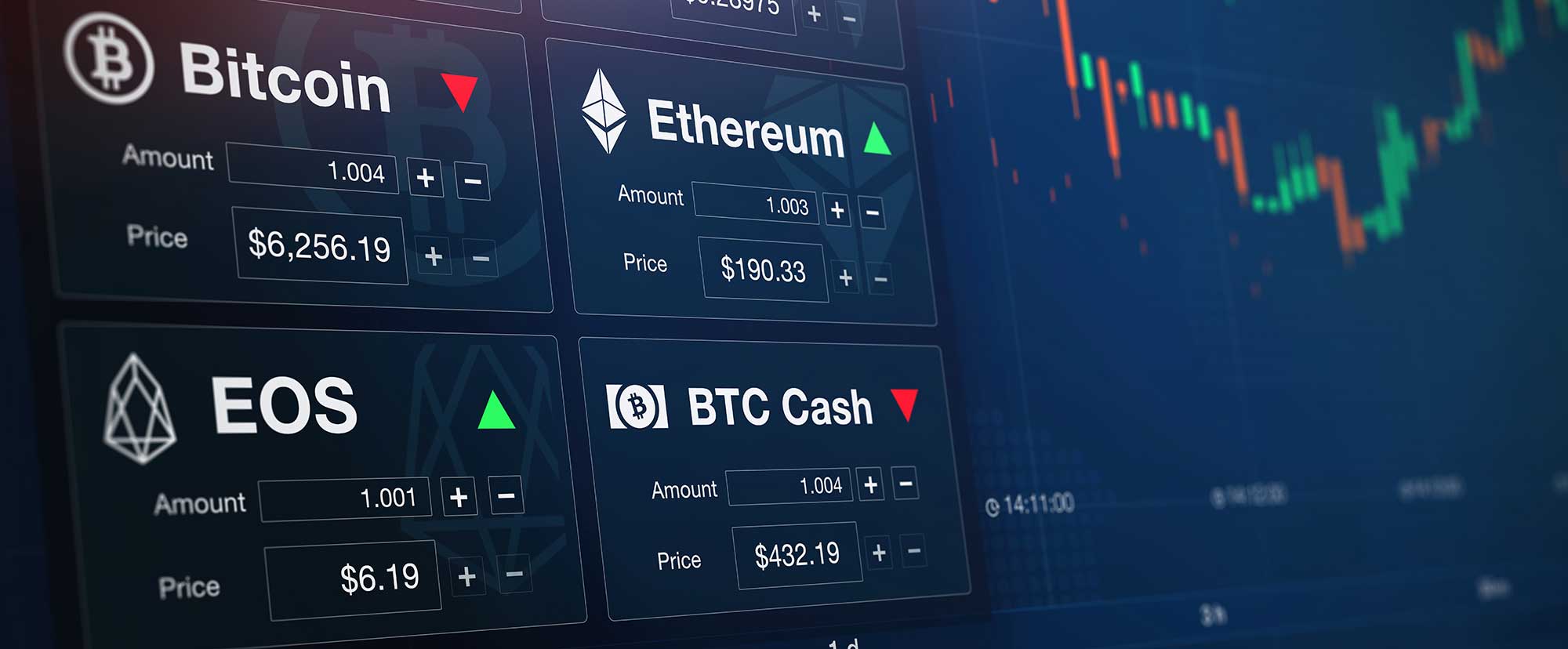3 min read
Cryptocurrency Exchanges and the Changing Tides of KYC Compliance
![]() AML RightSource
:
June 02, 2021
AML RightSource
:
June 02, 2021

Even by cryptocurrency standards, the level of volatility displayed in 2021 has been quite astounding. In late May, a staggering crash wiped out $1.21 trillion in market value across popular currencies including Bitcoin, which experienced a 30% loss in value.
With celebrities like Elon Musk fueling a media circus, interest in cryptocurrencies are at an all-time high. As more money from traditional financial markets continues to flow into cryptocurrency exchanges, major regulators are stepping up efforts to rein in the burgeoning crypto markets.
The Abysmal Track Record of Exchanges on Compliance
According to a 2020 study by blockchain analysis firm CypherTrace, nearly 56% of all cryptocurrency exchanges did not follow any KYC regulations at all. In 2019 alone, an estimated $3.38 billion was laundered through bitcoin and other crypto transactions.
Surprisingly, a majority of these errant exchanges were located in Europe, a region known for strict financial regulations. Other countries with a sizable collection of exchanges with lax KYC standards included the US, Russia, Singapore, and Seychelles.
Europe – AML5D and KYC Requirements for Crypto Exchanges
In the European Union, financial institutions are required to follow the Anti Money Laundering Directive (AMLD). Recent editions in 2020 – the AMLD5 and AMLD6 – brought significant updates on KYC rules for cryptocurrency exchanges.
Anonymous transactions involving fiat currencies were prohibited – exchanges now have to enforce full KYC on such users. Cybercrime as added to the list of predicate offences – compliance teams at exchanges now have to screen individuals with a history of such offences.
Criminal liability has also been enhanced to include individuals and corporations, with penalties ranging from simple “cease and desist” orders to hefty fines, and even imprisonment up to four years.
North America – FINTRAC and FinCEN Stepping Up
In Canada, the Financial Transactions and Reports Analysis Centre (FINTRAC) finally updated its KYC regulations in 2021 to include cryptocurrency exchanges. Canadian exchanges will now be classified alongside traditional financial institutions, with the same KYC compliance requirements.
Down south, the United States has some of the most stringent AML-KYC regulations on Virtual Asset Service Providers (VASPs) in the world. Even the AMLD5 and 6 updates pale in comparison to the scope of FinCEN rules established in 2011, with period updates adding more teeth over the years.
While the EU only looks at fiat-to-crypto transactions, the US law requires exchanges to monitor crypto-to-crypto transactions as well. In December 2020, a proposal to extend scrutiny to cryptocurrency wallets held by private users was touted by the previous administration.
The controversial proposal raised significant technical challenges as well as privacy concerns. One of the first actions of the Biden administration was to put a freeze on this proposal, much to the relief of industry insiders and privacy advocates.
Asia – Contrasting Approaches in China, Thailand, Singapore
The biggest digital economy in the continent – China has long held a very hostile stance towards cryptocurrencies. In 2017, the authorities ordered a total shutdown of all crypto exchanges and ICOS, forcing major Chinese exchanges to move to offshore jurisdictions like Singapore and Seychelles.
In other major Asian economies, regulators are facing tough questions as more consumers gravitate towards cryptocurrency investments. South Korean lawmakers are pushing ahead with consumer protection measures that will include stricter KYC and AML provisions.
Thailand has already moved ahead with its KYC regulations, which require in-person verification of new cryptocurrency users. The system will be based on micro-chips embedded in ID cards issued to Thai citizens – effectively barring foreigners from investing in local cryptocurrency exchanges.
Singapore, a major hub of poorly regulated exchanges, is moving in a different direction. As one of the world’s bastions of crypto and blockchain businesses, the island city-state is focusing more on educating the public, instead of tightening the screws on crypto-businesses.
Challenges in Enforcing KYC Norms – A Crypto Exchange Perspective
For traditional financial institutions, the opposition towards increased regulations comes largely from a cost perspective. Compliance is a very expensive process, often requiring significant manpower, paperwork, and investments in information technology. In the EU, banks currently spend over €100 billion ($143 billion) on KYC compliance.
With the addition of registration fees and other charges, the final cost of regulation is often too high for smaller exchanges. For many, shifting to a less-regulated jurisdiction is an easier option than increased compliance.
Exchanges also face another complication. Many cryptocurrency users oppose increased regulatory scrutiny, for reasons ranging from ideological to criminal. It must be noted that money laundering through cryptocurrencies only accounts for a fraction of total transactions – around 2% in 2019.
Current KYC systems in exchanges kick in after the onboarding of new users. Complying with newer regulations would require a drastic change to this policy – users will no longer get quick access to services. Delays of up to 30 days can be expected if manual KYC is enforced.
Banks in the controversy-plagued Nordic region have come up with an innovative solution for this problem – create a joint venture to handle the all-KYC data. This system drastically reduces the user onboarding time for partner banks, while at the same time facilitating a coordinated effort towards better compliance.
Conclusion
Cryptocurrency exchanges would need innovative ideas like these to survive the incoming onslaught of increased regulatory oversight. As the crypto market gains mainstream traction, increased compliance has become inevitable. Many central banks are also in the process of launching official digital currencies – it will be interesting to see how free-market cryptocurrency exchanges adapt to these challenges going forward.

